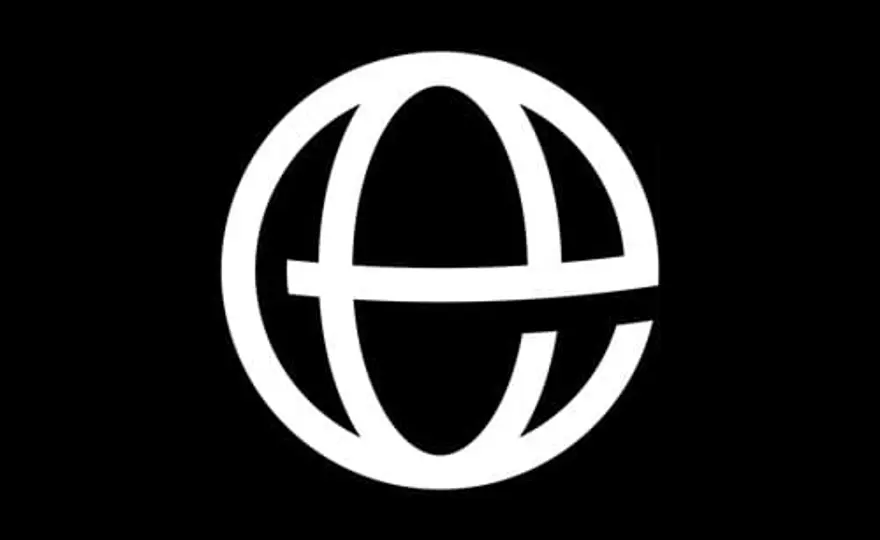ClientEarth Communications
29th May 2019


On April 18, 2019, ClientEarth Warsaw office organised a seminar at the Faculty of Law and Administration within the University of Silesia in Katowice.
The president of the Association of Polish Judges opened the meeting by admitting that environmental claims had become a new challenge for judges.
The rest of the seminar focused particularly on the preliminary ruling procedure, which enables national courts to ask a question of EU law to the Court of Justice of the EU (CJEU). Participants discussed how this procedure, although not exempt of issues, is at the origin of positive case law from the CJEU in access to justice in environmental matters. For example, in the ClientEarth clean air case, the UK Supreme Court referred a preliminary question to the CJEU, which confirmed the right of individuals and NGOs to request authorities to act for clean air.
Additionally, another route to access to justice was highlighted, with the possibility for the public to submit direct communications to the Aarhus Convention Compliance Committee against Parties to the Aarhus convention.
On May 16, 2019, ClientEarth organized the third of eight planned meetings devoted to access to justice in environmental cases in Krakow.
In the first part of the seminar, discussions focused mostly on violations of access to justice, which constitute a significant part of the recommendations of the Aarhus Convention Compliance Committee, and the most frequently violated provision of the Convention is Article 9 (4) defining the standards of appeal and court procedures (10% of cases). Participants stressed on the role of national judges in interpreting national provisions to the fullest extent possible in accordance with the objectives set out in the Aarhus Convention.
The afternoon session detailed the Polish national legislation on access to administrative and judicial procedures in environmental matters. Participants assessed that access to justice issues were ‘important’ and identified a series of barriers whilst sharing mutual experiences.
Finally, they also drew attention to a Polish government’s draft, which with certain other acts, contains regulations that are contrary to the Aarhus Convention and the EU law.
Access to Justice is a fundamental means through which citizens and NGOs can support the implementation and enforcement of laws and policies to protect the environment. The goal of this ATOJ-EARL project is to achieve “Access to Justice for a Greener Europe”. It strives to enhance access to justice in environmental matters by providing information, training and support for the judiciary, public authorities and lawyers of eight European member states. ClientEarth and Justice and Environment are implementing this project with the financial support of the European Commission’s LIFE instrument.
